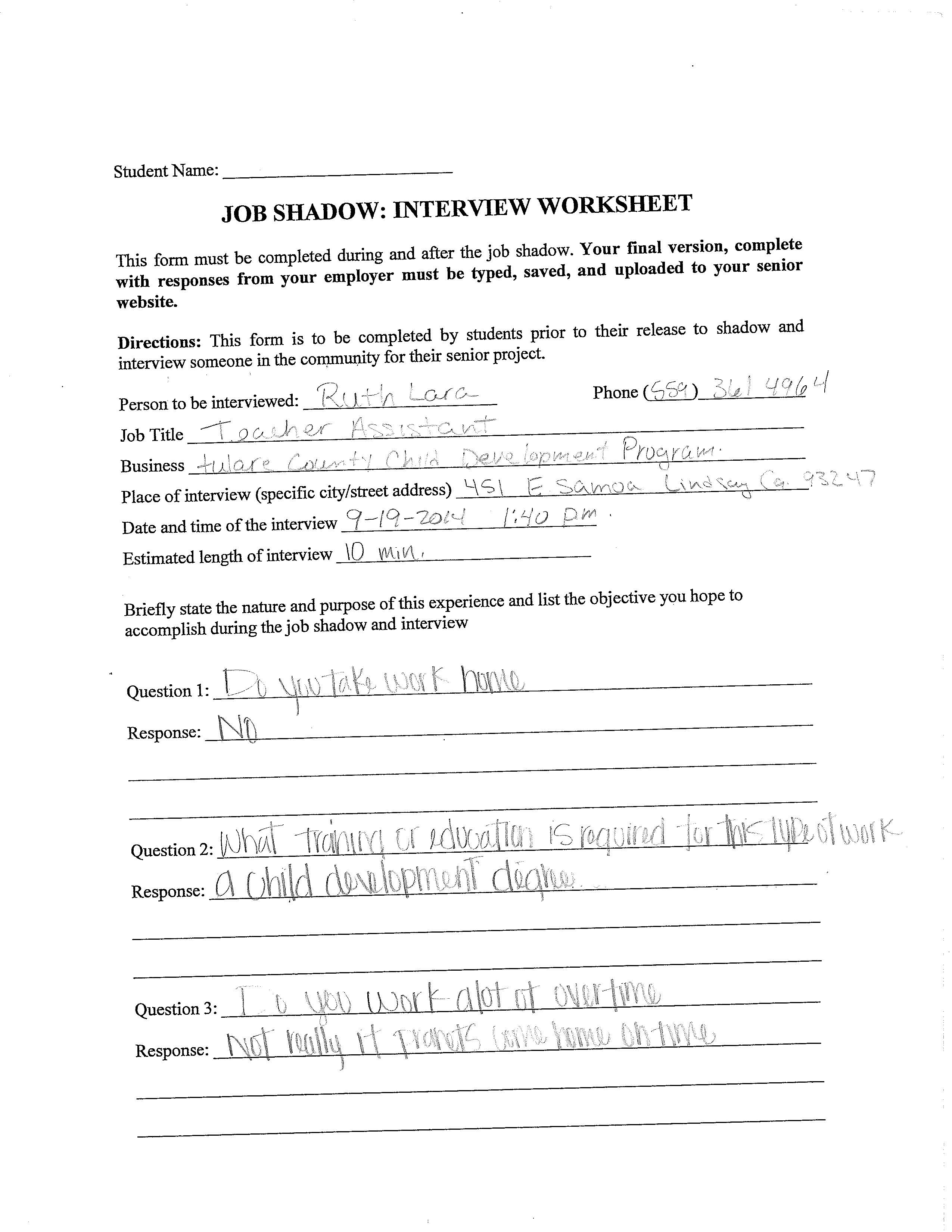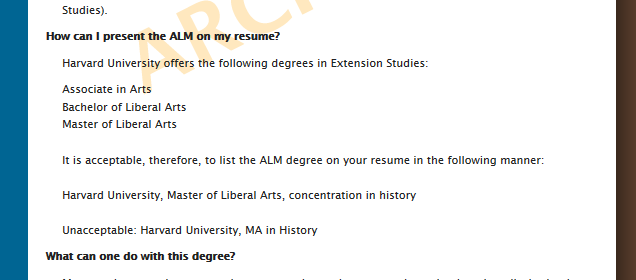Plato’s Theory of Forms Essay - Topics, Sample Papers.
Plato’s Theory of the Forms Essay Sample The influence that Plato has had throughout the history of philosophy has been significant. Among other things, Plato is known for his exploration metaphysics and the theory of knowledge, many of his ideas influencing the mind frame of Western society.
Plato expounded his Theory of Forms over a writing career of some forty years. The theories were being refined over this period and were never fully explained in any one dialogue. A form is an abstract property or quality. Take any property of an object, separate it from that object and consider it by itself, and you are pondering a form.

Born around 428 B.C, he researched an extensive variety of topics; however, his Theory of Forms, found in The Republic, is an essential piece of Plato 's philosophy. This is the center thought behind Plato 's theory of forms, from this thought he moves towards clarifying his universe of forms or ideas.

All these questions Plato answered in his Theory of Forms, which is at the heart of his philosophy. He believed that, as well as the material world we live in and of which we experience; there is another world, an eternal world of concepts, or Forms.

Arguments On Plato’s Theory Of Forms. There are many arguments on the forms and they are stated as following. The argument from Trivial or Unworthy Forms. This is the disagreement from Trivial or Unworthy Forms. The fundamental principle is “for every predicate there is a corresponding form”.

Plato's Theory of Forms asserts that the physical realm is only a shadow, or image, of the true reality of the Realm of Forms. So what are these Forms, according to Plato? The Forms are abstract.

Plato’s theory of Forms as presented in the Phaedo. Plato has an idea that all ideas are merely abstract thoughts, and what we perceive with our senses is actually an imperfect version of these abstract thoughts. This is the basic idea of Plato’s theory of the Forms.

Bertrand Russell criticised Plato’s theory of forms, according to him, Plato’s ideas when taken to its extreme fall into a bottomless pit of nonsense. According to Plato, every object or idea in the world corresponds to its form in the world of ideas. This meant that there is a perfect form of like such as Cockroach and Hair.

Explain Plato’s Form of the Good Plato believed that the world we around us is an illusion, and that everyday things that we take for granted are merely weak imitations of the true object behind it. He believed that behind every earthly object, and every earthly concept (e.g. beauty), there is an unearthly truth; a perfect version.

Plato is most well-known for his theory on forms but I find Plato’s Theory of Knowledge behind his example of the cave and divided line fascinating. There are three main examples I want to focus on that can be used in describing Plato’s theory of knowledge: his allegory of The Cave (my favorite), his metaphor of the Divided Line and with some extra help from his theory on Forms.

The theory of Forms or theory of Ideas is a philosophical theory, concept, or world-view, attributed to Plato, that the physical world is not as real or true as timeless, absolute, unchangeable ideas.

Plato’s Theory of Forms basically states that Forms of objects represent the greatest and most fundamental form of reality and are not simply the objects or materials that people perceive through sensation. Forms are basically the highest level of reality that cannot be understood and defined through merely using the human senses.
Plato: A Theory of Forms David Macintosh explains Plato’s Theory of Forms or Ideas. For the non-philosopher, Plato’s Theory of Forms can seem difficult to grasp. If we can place this theory into its historical and cultural context perhaps it will begin to make a little more sense.



